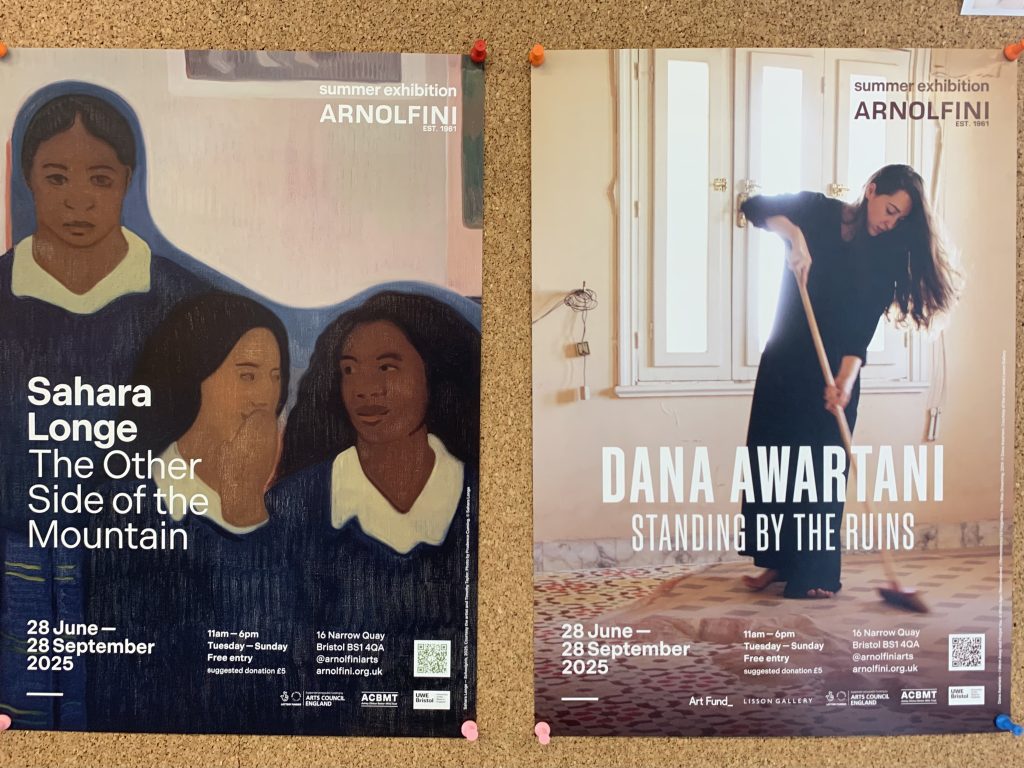by Tiina Sotkasiira, University of Eastern Finland
I had the pleasure of visiting the University of Bristol’s Law School in May–July 2025. My visit was hosted by Professor Diego Acosta Arcarazo and Dr Kathryn Allinson, who gave me a warm welcome and provided valuable support during my two-month research visit. I truly appreciated the opportunity to spend time in such a stimulating environment and to connect with colleagues working on related topics. Together, we organised a seminar at the Law School, in which I was able to introduce the participants to the MARS project and my own research on the diaspora politics of Russian and Russian-speaking migration in Finland. My focus was on media use and reflections on how Russian migration has become politicised since the annexation of Crimea in 2014, and particularly since the outbreak of the full-scale war in Ukraine in 2022. While it is not currently possible to conduct research in Russia, there are many relevant research topics on migration governance in post-Soviet space for us to consider.
During my time in Bristol, I concentrated on researching topics that are linked to my own work as well as to the MARS project. I had the pleasure of attending numerous seminars and events organised by Migration Mobilities Bristol (MMB), which is a research institute and an interdisciplinary network of academics and others based at the University of Bristol. I was deeply impressed by the high quality of events being held, as well as the wide variety of research on international migration within and between the so-called Western and non-Western countries. I attended seminars on topics, such as research methods, border studies, discrimination, and (anti-)racism, and wrote a blog post to reflect on the lessons learned. The Finnish-language post entitled The legacy of colonialism in research https://blogs.uef.fi/ktl/2025/05/22/kolonialismi/ was published in the blog of Karelian Institute, which is the MARS project partner in University of Eastern Finland. In addition, I wrote a paper, which is still under review in a journal, so I am not able to give the details of it just yet.
From the perspective of the MARS project, a particularly noteworthy event was organised by Dr Levana Magnus, her colleagues, and the Somali Kitchen organisation, focusing on employment opportunities and challenges faced by women of refugee and migrant backgrounds in Bristol. The meeting was attended by researchers from the University of Bristol, women who had participated in the research, several local politicians, and professionals working to promote the employment and education of women with refugee backgrounds.
A key insight was that the governance of global migration does not end once individuals cross borders and settle in a new country. Policies and practices aimed at supporting employment and integration continue to shape the everyday lives of migrants long after resettlement. For me personally, it was particularly interesting to compare the opportunity structures for employment in my home region of North Karelia with those in Bristol, which is one of Britain’s most international cities. Despite the vastly different contexts, the women’s experiences revealed surprising similarities. It is hard work to obtain employment as racialized woman of migration background. At the same time, such comparative settings prompt critical reflection on assumptions or practices that may appear self-evident in one context but become questionable when viewed from another. The debate at the seminar also raised questions in my mind about the continuous impacts of Brexit, as women were finding it difficult to accept employment due to the lack of childcare opportunities available close to their homes. A shared problem was that daycare facilities were closed due to shortage of staff.
Bristol is a highly international city, but it was also, for over a century, one of Europe’s major centres of the transatlantic slave trade. Although slavery as a legal institution has been abolished, contemporary international migration continues to be shaped by discrimination and experiences akin to exploitative labour practices. Bristol offered rich material and ample opportunities for examining and understanding both historical and present-day migration dynamics: In addition to the relevant research conducted at the University of Bristol, the city’s vibrant cultural life provided numerous events, exhibitions, discussions, and encounters that opened up new interpretative perspectives for my own research on international migration. The history of resistance is very much alive in Bristol and coexists with contemporary struggles.

I am grateful to the MARS project for the opportunity to broaden my thinking, and I hope to be able to extend a similar welcome to fellow researchers from the project in Joensuu.

